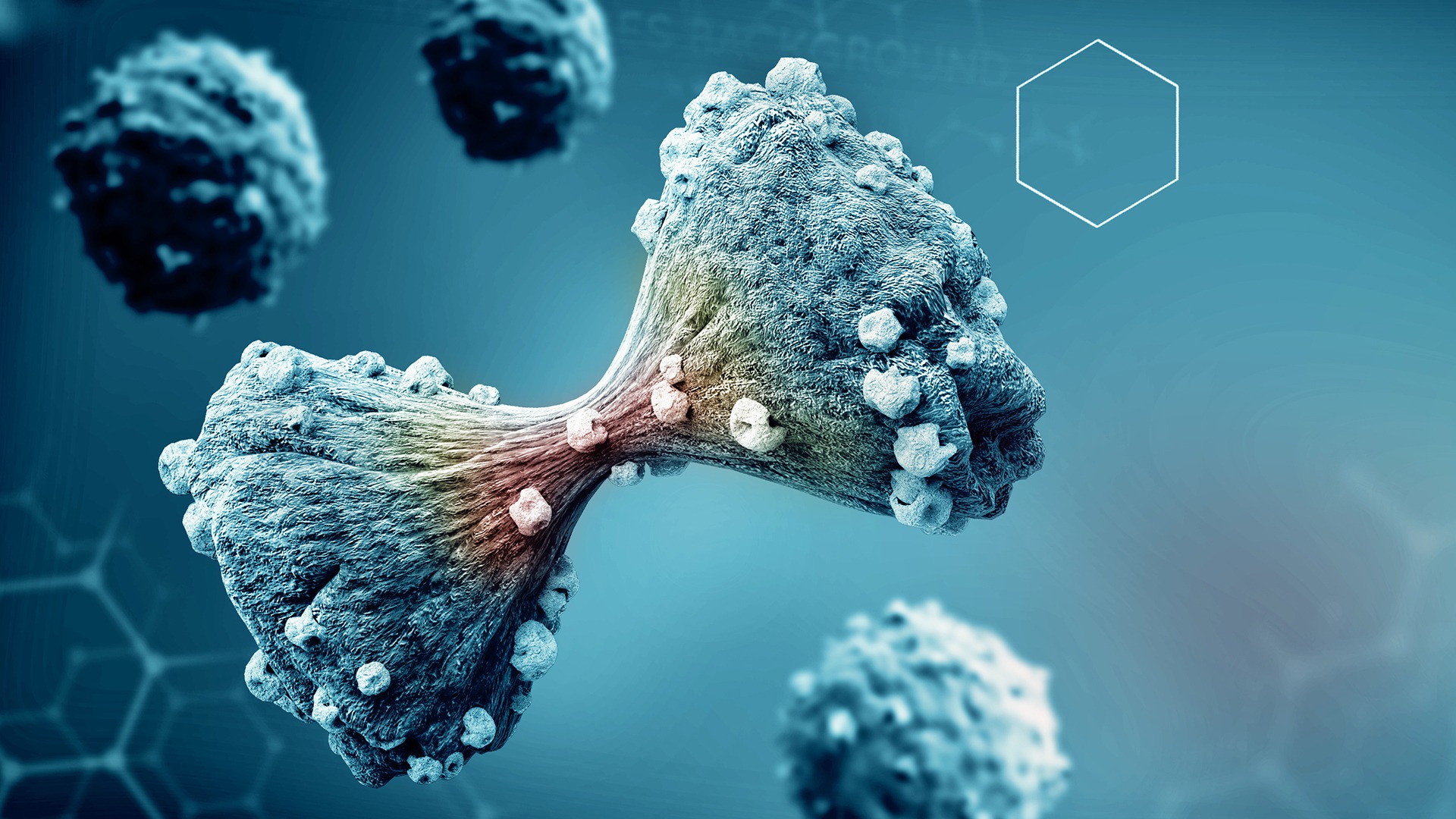Precision medicine helps young neuroblastoma patient
Facilitated by the SciLifeLab Clinical Genomics platform in Gothenburg and Stockholm, researchers from Karolinska Institutet and the University of Gothenburg have successfully treated a child with neuroblastoma by using a tailored precision medicine approach. The approach is described in detail in the medical journal, JCO Precision Oncology.
“Combining genetic mapping and biological understanding with a new targeted treatment is precision medicine made real, which can make a difference and cure more children who have cancer,” says co-last author Per Kogner (Karolinska Institutet/Astrid Lindgren Children’s Hospital), in a press release from Karolinska Institutet.
The six month old boy, who came to the hospital with widespread cancer (neuroblastoma), had undergone repeated chemotherapy treatments with poor results. After the primary tumor was surgically removed, a number of analyses were performed on the tumor cells, including protein analysis and whole-genome sequencing (WGS).
Analyses carried out at the University of Gothenburg, by Ruth Palmer and Bengt Hallberg, revealed that ALK and TRKA, two known cancer cell signaling pathway proteins, were activated. A closer inspection showed that ALK lacked mutations but that another protein (ALKAL2 ligand), which binds to and activates ALK, was mutated and potentially responsible for the onset of neuroblastoma.
Around the age of two, the boy could start his new tailored treatment, using entrectinib, a drug that specifically targets ALK and TRKA, and was rapidly feeling better.
“This is the first case in the world, with this type of cancer and this biology, receiving this particular targeted treatment,” says Per Kogner.
Five years into the treatment, the tumors had almost completely disappeared. Now, Per Kogner and his colleagues are just monitoring the situation to determine when the treatment can be stopped.
The use of precision medicine in clinical settings has grown rapidly in recent years and the diagnostic tools have become much more diverse and advanced.
“Today, the whole-genome sequencing of a child who gets neuroblastoma would basically be done on day one of an investigation,” says co-last author Tommy Martinsson (University of Gothenburg).
Today, all children diagnosed with cancer (~350/year) are offered WGS at the time of their diagnosis, via a national pilot project through Genomic Medicine Sweden (GMS), which is sponsored by The Swedish Childhood Cancer Fund. An approach that is unique from an international perspective.
“In addition to providing new treatment options for these children, the pilot study will also show the benefits and how whole genome sequencing could be introduced into healthcare for other cancers as well”, says Tommy Martinsson.
The WGS was carried out at the SciLifeLab’s Clinical Genomics platform in Gothenburg and Stockholm. The research was funded by the Swedish Childhood Cancer Foundation, the Swedish Cancer Society and the Swedish Foundation for Strategic Research.





